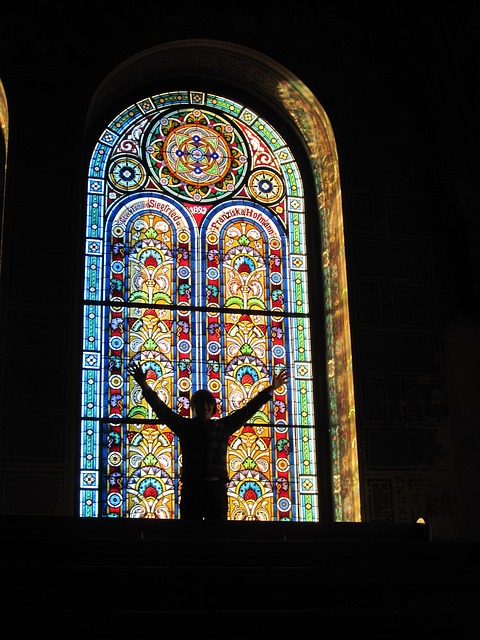Several years ago, when I was leading a faith-based marriage enrichment seminar, a couple shared a very personal story with the group. We were discussing the challenge of nurturing our relationships, including the sexual part. One brave couple admitted they had struggled with this. They had two small children to go along with two demanding jobs and very busy lives. Not too surprisingly, their sexual relationship had succumbed to these common stresses. They were so exhausted at the end of their hectic days and weeks that the desire part of sex was missing even though there was still real love. One night, they had the courage to express to each other their sense of loss and disappointment.
But here’s what really touched me: rather than accept fate, they wanted to be more intentional rather than just wait for some future time for life to get easier. So, they decided that on Friday nights, they would get the kids to bed on time, and then they, too, would head directly to Slumberland. But they set their alarm clock for 2:00 am. Because they were so tired at the end of a busy work week, they planned to get some deep REM sleep first and then wake in the quiet and peaceful early morning to make sweet love to each other, then fall back asleep. With tears in her eyes but a smile on her face, this wife said this weekly ritual may have saved their marriage through a hard time. Falling apart is the natural dis-order of things.
There is a Second Law of Marital Thermodynamics. Its counterpart in physics tells us that all physical systems in the universe are naturally falling apart—losing energy and headed towards chaos—unless there are regular inputs of anti-entropic energy into the system. The same principle applies to relational systems, as well. We talk a lot about why marriages fall apart, but no explanation is really needed. Falling apart is the natural dis-order of things; coasting takes you in only one direction—downhill. (Anyone with kitchen- or bathroom-cleaning duties intuitively understands this.) What requires explanation is how marriages and families stay strong and ordered. No matter how powerful the love that originally pulled two people together into one orbit, the attractive force eventually weakens unless the couple regularly reenergizes their relationship. (Think: date nights, meals together, talking, bathing brains in oxytocin—the bonding hormone—via touch and sex, forgiving, couple prayer.)
Modern marriages need energy, especially given the high expectations we have for them. Eli Finkel at Northwestern University makes this case in his book, The All-or-Nothing Marriage. He argues that marriage has undergone dramatic shifts, changing from an institution historically tasked with helping people meet basic human needs and rearing children to one that nurtures companionship (albeit within pretty traditional gender roles), to one now that is oriented toward empowering individuals to find greater self-fulfillment and personal growth. But contemporary high-altitude marriages with summit-level expectations need a lot of oxygen, Finkel argues. They need a lot of time and effort and communication and interpersonal aptitude to ascend to the soul-level connection we seek. Without smart relationship skills, our marriages gasp for oxygen; they become stale, unsatisfying, and ultimately disappointing. Madison Avenue’s pop psychology voice echoes in our heads: “Why settle for less than you deserve?”
The need to work on our relationships and not just coast is not a new concept to the 21st century. The historian, Kristin Celello, at Queens College, in her book, Making Marriage Work, traces and critiques the history of marriage “experts” across the 20th century writing advice columns for the masses, offering marriage enrichment classes, and providing marriage counseling to help couples work on their relationships. But given the inevitable force of relational entropy and our current high expectations for marriage in the 21st century—not to mention the ever-present digital platter of alternative relationship possibilities—the need to nurture our relationships has never been greater than it is now. Some people have never seen a healthy marriage.
But this helplessness need not be determinative. There are specific steps that both individuals and communities can take to learn how to build meaningful, healthy relationships. In this series of articles, I intend to discuss some of the public policy approaches that have been tested to help couples form and sustain healthy relationships and stronger marriages, primarily here in Utah, where I serve as the manager of the Utah Marriage Commission, but also across the country, wherever they are found.











